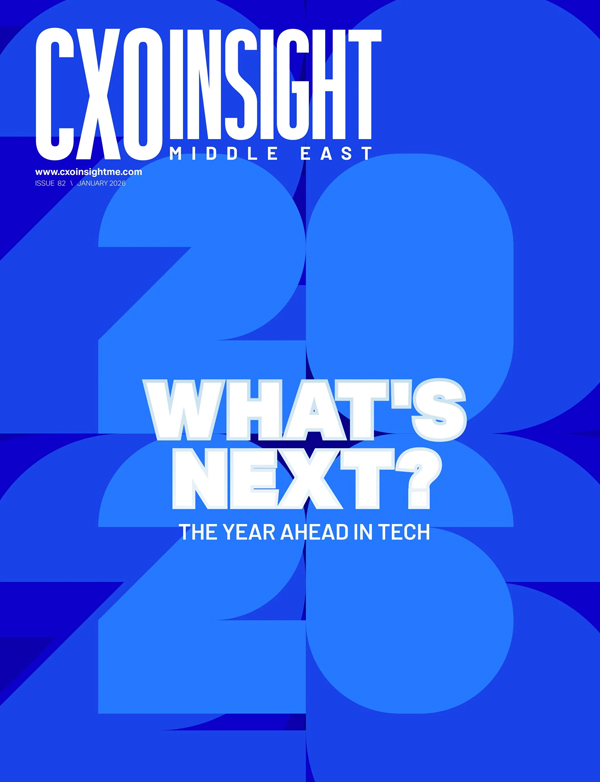
It is now critical that organisations understand the data they process and own, have systems that allow decision-makers to derive insight and are able to do so in a way that is both secure and compliant.
As the economic impact of coronavirus starts to come into clearer focus around the world, business leaders are starting to ask – what do we know about changing customer demands, the economic context, and our business efficiency? And what are we going to do next?
In this context, data-related questions that companies have been asking IT for years have taken on a new level of significance. As they battle to bounce back, it is more critical than ever that organisations understand the data they process and own (particularly as it moves towards the edge of the network), have systems that allow decision-makers to derive insight from that data, and are able to do so in a way that is both secure and compliant.
Unfortunately, if Aruba’s latest report ‘Data to Decisions: A Rulebook to Unlock the Power of your Data’, is anything to go by most companies haven’t made as much progress in these matter as they would like. Featuring survey results from over 170 IT decision makers and network engineers in EMEA, the report examines the current state of data decision-making within organisations, and outlines a series of key steps for any organisation looking to unlock the power of data to help them make better decisions now and in the future.
So what did the report find? And what does this mean for organisations struggling to answer today’s data-related questions? Here are three of the key steps:
Rationalise: 51 percent of respondents identified not being able to look at data holistically as one of their top three data challenge.
Despite the importance of data to almost every organisation, for many there is still a basic issue around understanding what data they hold and how they can use it. Addressing this problem must be the starting point for all businesses trying to get a hold of their data assets, and that means coming up with a clear and consistent plan for how data should be managed in the first place.
IT decision makers need to have a complete understanding of what data their organisation has, who is responsible for it and what the protocols around it are. There needs to be a data rulebook with clear ownership and responsibilities as well as a governance group that reports to the top.
Having interesting data is one thing, but the value it creates is closely correlated to how well organisations can rationalise and organise what they hold. Without having the basic processes in place, they’ll soon run into trouble.
Organise: 40 percent of respondents said one of their main challenges was the network being able to manage the increased pressure.
More and more companies are trying to bring in data-reliant technologies such as AI and automation to propel their businesses into the future. And yet these transformative technologies cannot be powered by a legacy tech stack.
So while AI application is a priority for many CEOs, some are trying to run before their networks can walk. Before they can get anywhere near the data insights such technologies promise, companies must take a step back and sort out their network infrastructure so it can cope with what is being thrown at it now – and in the future.
To do this they will need to give up the illusion of control and accept that there will continue to be a lot of unknowns in their data future. Instead, the priority is being nimble and ensuring that they have a system that can scale and adapt as their data needs evolve.
Supervise: 28 percent of respondents said that employees failing to comply with data policies was their biggest concern about the explosion of data.
Perhaps the most essential of all the steps is the supervision of data within an organisation that assigns ownership and access, and ensures security and compliance. Hand-in-hand with the business opportunities that arise from data are the threats, problems and costs that come from failing to safely manage it.
The current pandemic makes this even more prevalent, as home working becomes the new norm. People are often the weakest link in any organisation, so organisations must train their people to pay attention to their digital habits outside the office. Here, scenario-based training has been proven as an effective way to demonstrate the different kinds of threats in a memorable way.
But security planning shouldn’t just be about prevention. Despite clear usage policies, robust systems and training, businesses need to work on the assumption that some attacks will succeed. In which case they will need to prepare a solid contingency plan along with set of defined steps for communicating with customers and the OpSec community.
Despite some of our topline findings, there has been significant progress in recent years in how data is stored, processed and used within organisations. Many now acknowledge data as critical to optimising their business model, understanding their customers and accessing new technological opportunities. They are making commensurate investments in data skills, systems and security.
But there is still some way to go – and more steps to follow. Skills need to be enhanced across organisations and knowledge deepened in boardrooms. Priorities need to be more clearly targeted. Networks must be designed with edge capabilities and future scalability to the fore.
And there can be no let-up in pursuit of enhanced security and compliance.










Discussion about this post